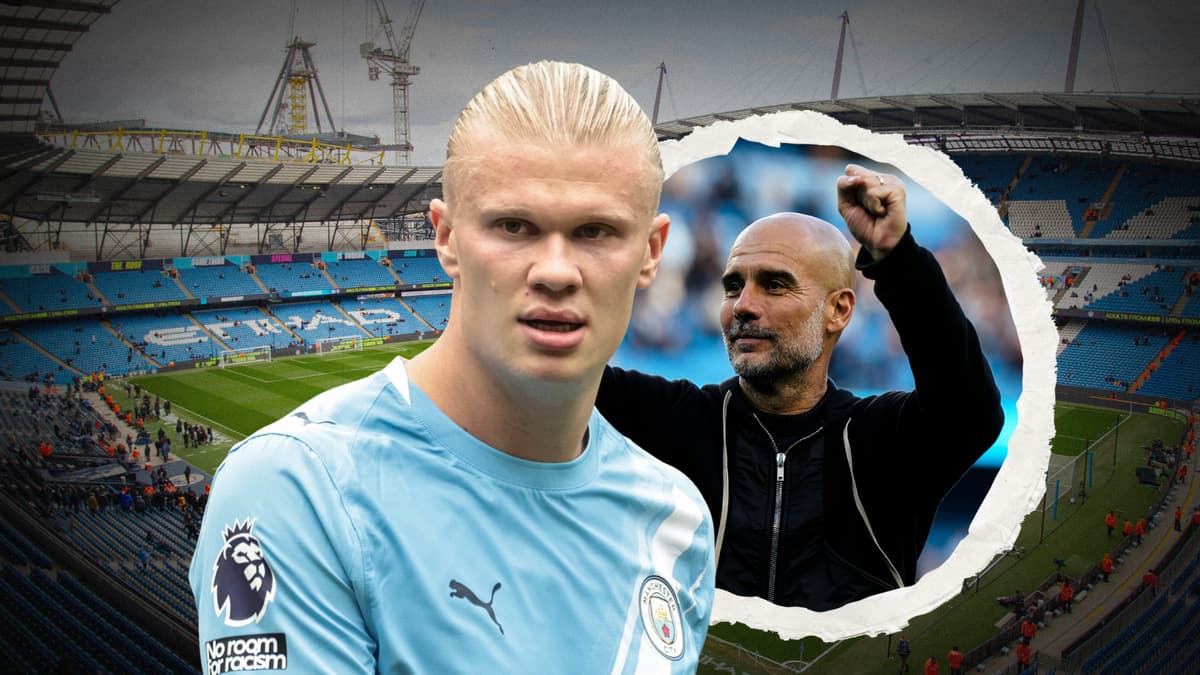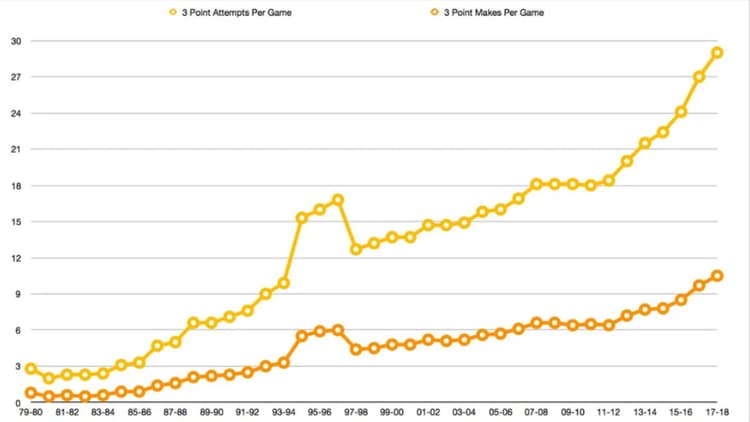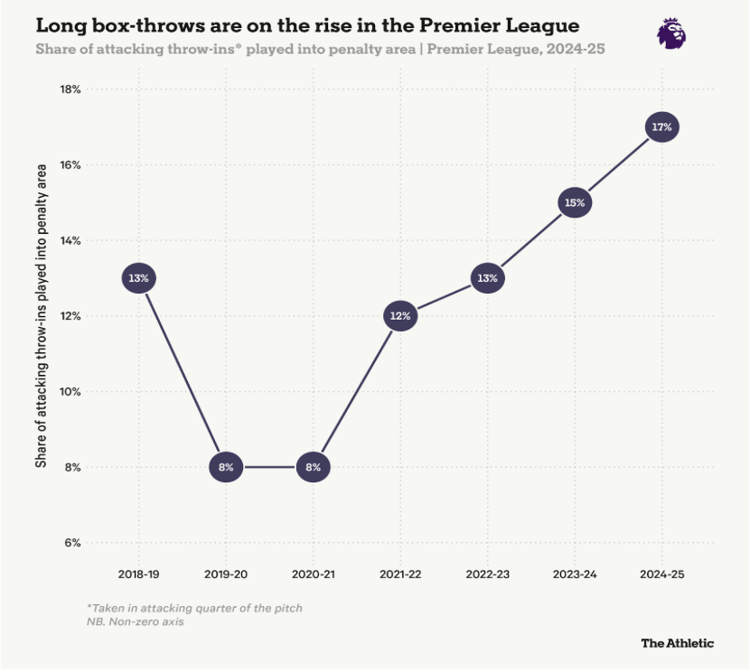-
Nieuws
- 27 minutes ago
Thank you, Erling Haaland - a genuine talent in a world of average ones

Erling Haaland might be the one guy saving football from the set-piece regression the data analysts are serving us up.
Now, I know. He doesn’t touch the ball much, doesn’t get involved in the build-up, doesn’t track back and generally is pretty one-dimensional. But wow, what a dimension. And that’s why he’s what football needs.
For way, way, way, too long, we’ve been in awe of Pep Guardiola and those who have chosen to relentlessly mimic his possession-based style - which is over 15 years old now.
Guardiola’s approach to the game pretty much changed everything and turned everyone into pass-bots, mechanically and metronomically desperate to keep the ball in opposition to being creative and free expression.
And listen, there’s no denying it was not only the prevailing style, it was the only style, despite the efforts of persistent naysayers, driven by post-Real Madrid Jose Mourinho. It created one of the greatest sides of all time in Barcelona, with a by-product of Spain being comfortably the best international side of the 21st century. It’s successful but it has by default become elitist and ‘the right way’.
But not only was it - at times - pedestrian to watch, it helped to eliminate an entire generation of creative players, ones whose skill and lack of positional or tactical awareness made football worth watching in the first place. It also devalued the abilities of players like Haaland who do the most important thing brilliantly but don’t contribute to the ‘11 ball-players’ ethos of tiki-taka and its derivatives.
The tabulation of football into its component parts, which is then rebuilt into an amorphous collective, has been great for good all-round players, but terrible for the mavericks. The ones that make the sport worth watching. The spectacle has been sacrificed at the altar of sweeper keepers, lightning fast wingers and now 45-second long throws that have been reinvented as something new but are actually just another example of the cyclical nature of tactical innovation.
But remaking the game isn’t always what’s best for the game.
VAR is ‘getting decisions right’, but demolishing the experience for anyone who cares to watch. The trade-off - despite what hard-line decision-makers will attempt to tell you - simply isn’t worth it. And sometimes an evolution might seem like it at the time but it unplugs the very thing that got the pulses racing in the first place.
And the same applies to how analysts view the game, as a maths problem that needs to be solved. Sometimes sport reaches this conclusion whether it wants to or not. NBA is probably the most high-profile example; the 3-Point Evolution Era created the realisation that three points are nearly always better than two, and this has dominated the discourse to the point where some are wondering whether TV Ratings may be going down as a result of this one-dimensional approach.

And indeed not only are we seeing more of the Premier League than ever this season courtesy of the revised TV deal with Sky, we’re suffering through a reverse engineering of tactics that analysts and data aficionados used to mock relentlessly. This is seen primarily through the use of the long throw, one that has led to a such a significant reduction in playing time, IFAB are considering changing the law to prohibit long run-ups and, essentially, wasting time.

But it’s also seen in team makeups with interchangeable parts based all around speed, fast breaks, and conforming to the formation rather than the brilliance of the individual.
This is not a retort against data analysts - indeed, far from it. If anything they find the hidden gems that do the things flat, historical data simply won’t unearth or understand and they are of great benefit to their clubs.
But that’s not always what is best for the sport and in this case that’s why we must treasure Erling Haaland in the Premier League (and similar love for Harry Kane). A generation of Guardiola clones and incessant data deconstruction has tried its hardest to eliminate these stars from the game, the very people who decide these matches and make football for the watching rather than the analysing.
Sport is not the Matrix and does not simply exist in a spreadsheet. It has to thrill and to make kids want to emulate what they see. Haaland is one of the few actually doing both.
Who would have thought playing through balls to the greatest centre-forwards in the world would result in generational scoring. Sometimes the game is more basic than some want it to be.



















